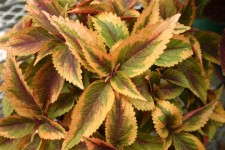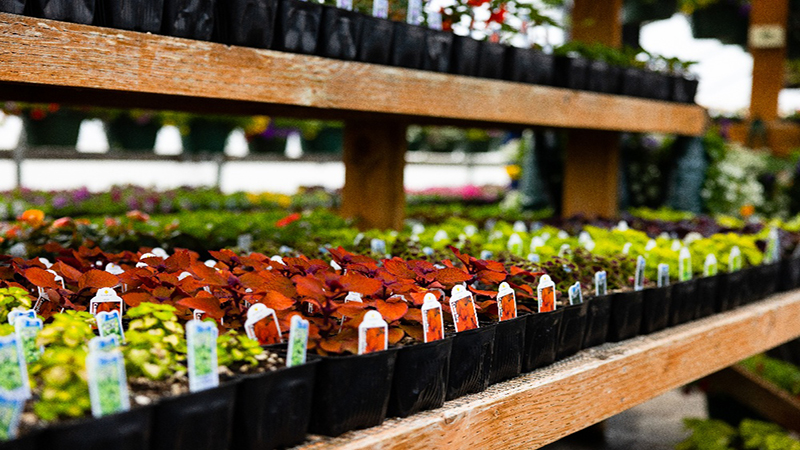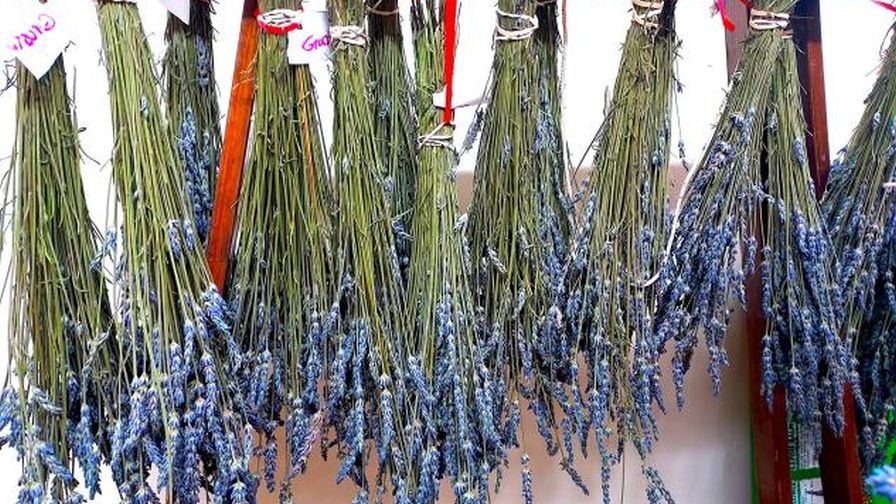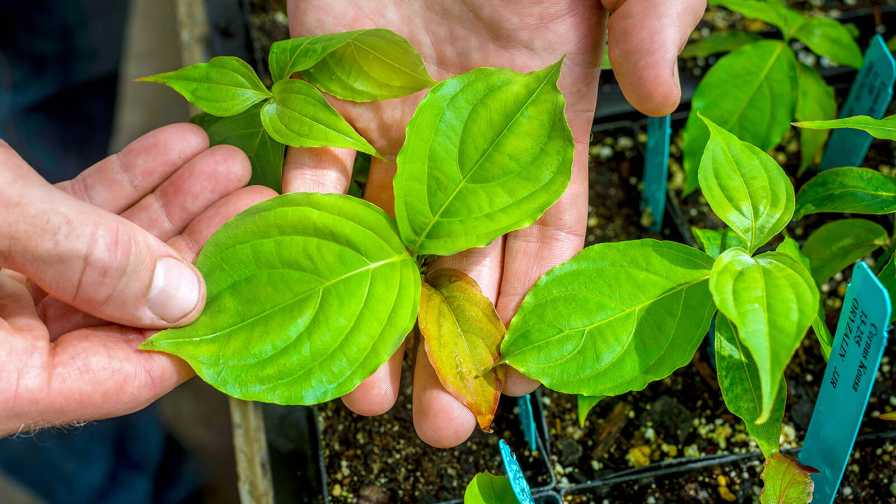Grower Basics: Top 3 Factors For Successful Coleus Production

Coleus production for some may appear easy and cause little concern throughout a growing season; however, for those less experienced, coleus may cause some issues due to improper treatments or lack of crop knowledge. Many growers who call our facility with production questions do not have the correct information available to advise them on different problems. Many are unfamiliar with the pH of their water, the rate of fertilizer they are applying, or have little to no chemical application experience. Therefore, I’ve chosen to discuss three basic factors for coleus production as well as other annual and perennial crop production. Moisture management, fertilization, and chemical applications are factors that less experienced growers need to understand in order to be successful in their operations.
To begin, plants thrive when all components of production are working cohesively. The whole process begins mainly with proper water management, proper fertilization, and proper chemical applications. Coleus is a major crop that can become a production concern if one of these factors proves problematic. Of course, the greenhouse environment is a production factor, but for our purposes water management, fertilization, and fungicide applications will be the focus. These areas can cause growers the most concern when producing coleus or other annual and perennial crops.
The world of coleus has greatly improved over the years. New vegetative varieties have allowed growers to provide customers with more gardening options. In the past, seeded varieties were the only options and then were only viable as bedding plants for shade gardens. However, now many varieties thrive in the sun and are wonderful additions to large containers and hanging baskets. Here at Raker, the Hort Couture line of Under the Sea Coleus is fabulous! These varieties have unusual foliar structure and vibrant colors that will add interest to any gardening creation.
Input Management
Whatever variety or light preference growers chose when selecting coleus, the three basic factors for production are the same. First, coleus needs an evenly moist, well-drained media. Improper moisture management is detrimental to crop production. Second, coleus thrives in a pH range of 5.5-6.0 and requires a fertilizer regimen of 150-250 ppm of a basic or acidic formulation such as 14-4-14, 18-3-18, or 20-10-20. For finish production, begin fertilizing with 150ppm, once rooting is established, increase the rate and fertilize weekly or as needed to meet production requirements. Finally, treat coleus with a fungicide that prevents downy mildew. There are many fungicides on the market that provide excellent DM prevention; however, chemical selection and application can be intimidating to growers, especially growers with little to no chemical experience. For this reason, before purchasing or applying chemicals talk to experienced growers, brokers, or chemical representatives and get the facts. Fungicides, if used properly, can be great tools for growers, but careful selection should be applied before purchasing such products.
In conclusion, while new coleus varieties are giving growers more options in order to achieve successful crop growth many factors need to be understood. Moisture management, fertilization, and chemical applications are three basic factors for successful greenhouse production. Growing can be challenging, especially for those less experienced, but recognizing how these factors come together to affect crop growth is important if operations are to be successful.









